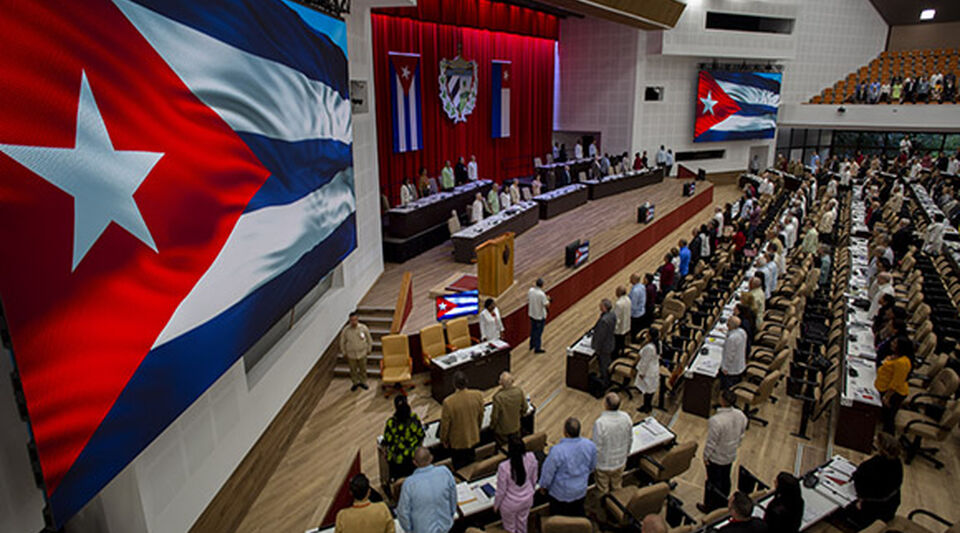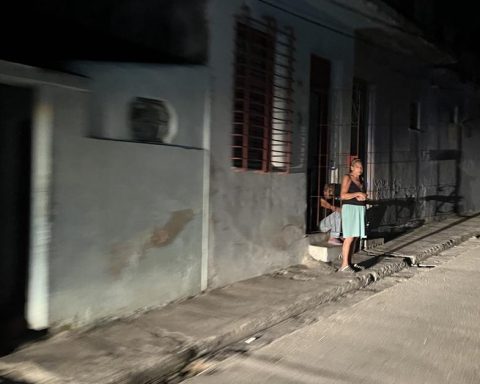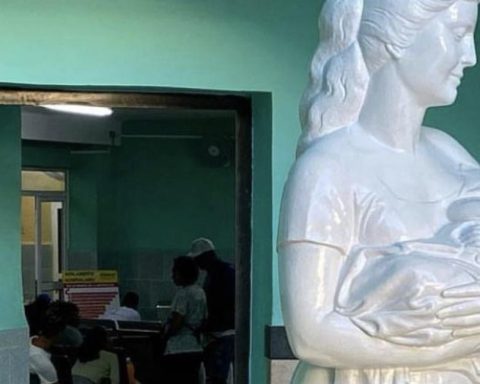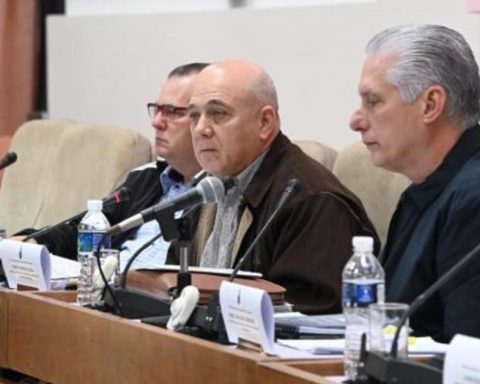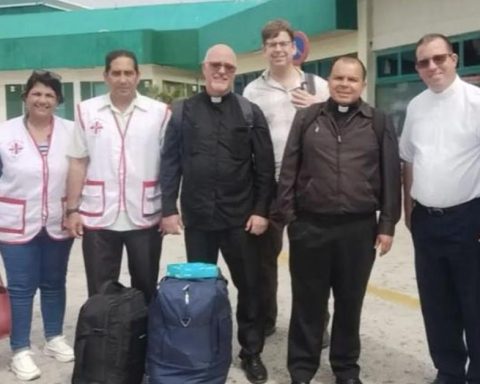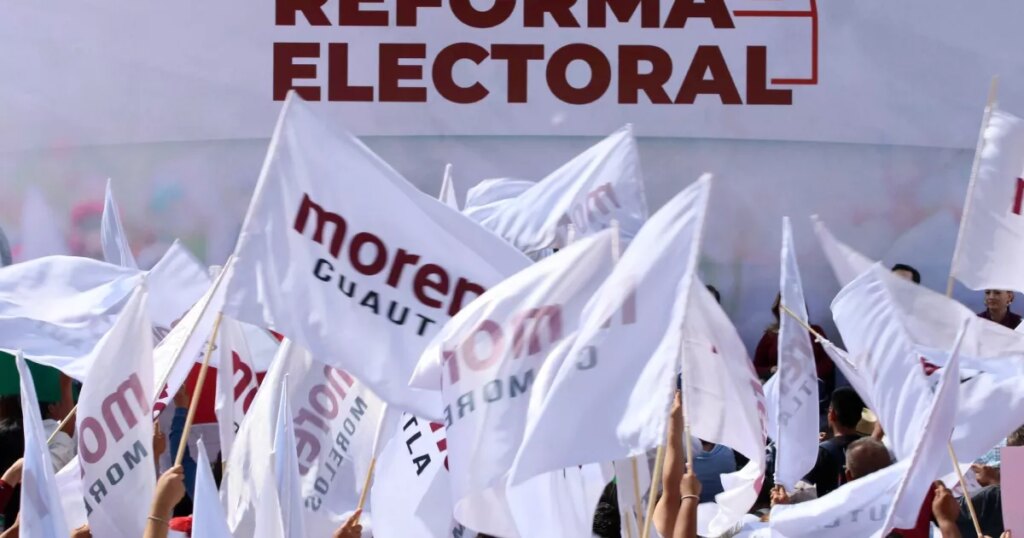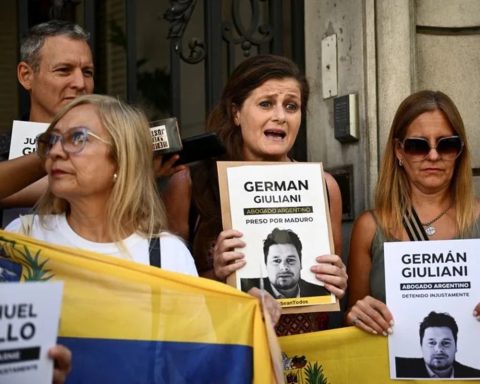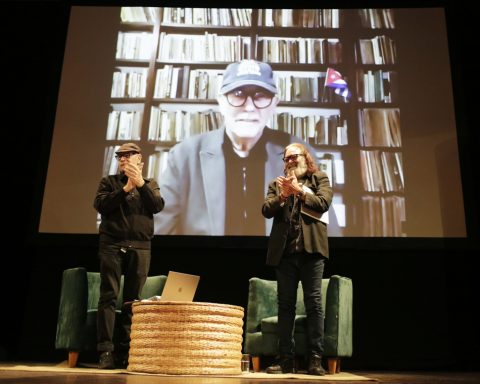The National Assembly of Popular Power of Cuba agreed on Monday to delay the debate and the approval of the controversial Social Communication Lawwhich relegates non-state media to illegality.
The president of the parliament, Esteban Lazo, explained that the Council of State asked to delay its approval due to the “complexity” of the law and the changes to which it has been subjected lately, which had not been transferred in their entirety to the deputies.
Lazo assured that this “important” regulation, which if approved would be the first in the country in its field, can be debated in February or March 2023, once a greater number of opinions from specialists and citizens are included.
The Social Communication Law project affirms that the national media “are socialist property” and “cannot be the object of another type of property”
The Social Communication Law project affirms that the national media “are socialist property” and “cannot be the object of another type of property”, which makes independent digital media illegal.
The regulation, which in its latest version contains 101 articles, prohibits content “to make propaganda in favor of war, of a foreign State hostile to the interests of the nation, terrorism, violence and the apology of hatred among Cubans, with the aim of destabilizing the socialist rule of law”.
It also points out that the country’s social communication system has the purpose of “promoting consensus and national unity around the Homeland, the Revolution and the Communist Party of Cuba.”
The staff of the independent Cuban media, generally critical of the regime, have been shrinking in recent years due to pressure from State Security. With exceptions like 14ymedio either The Cuban Hour, They have their headquarters outside the Island, mainly in Miami (USA) and Madrid (Spain).
This December 1, the new Criminal Code of Cuba entered into force, in which “anyone who spreads false news” is punished with up to three years in prison for the purpose of “disturbing international peace or endangering the prestige or credit of the Cuban State”.
The work program of the Assembly included in this session the discussion of six laws, including Social Communication, within the plan to adapt national legislation to the novelties introduced by the 2019 Constitution.
________________________
Collaborate with our work:
The team of 14ymedio He is committed to doing serious journalism that reflects the reality of deep Cuba. Thank you for accompanying us on this long road. We invite you to continue supporting us, but this time becoming a member of our newspaper. Together we can continue transforming journalism in Cuba.
